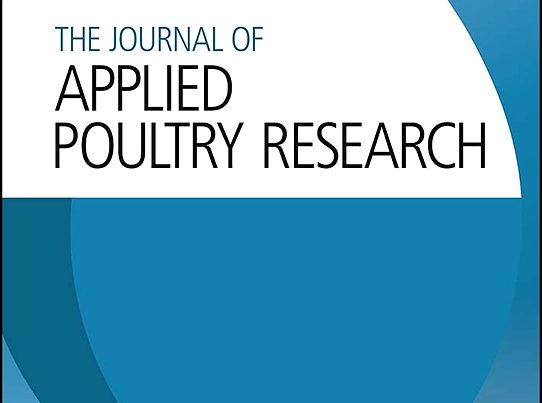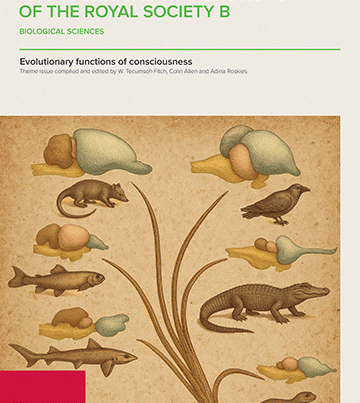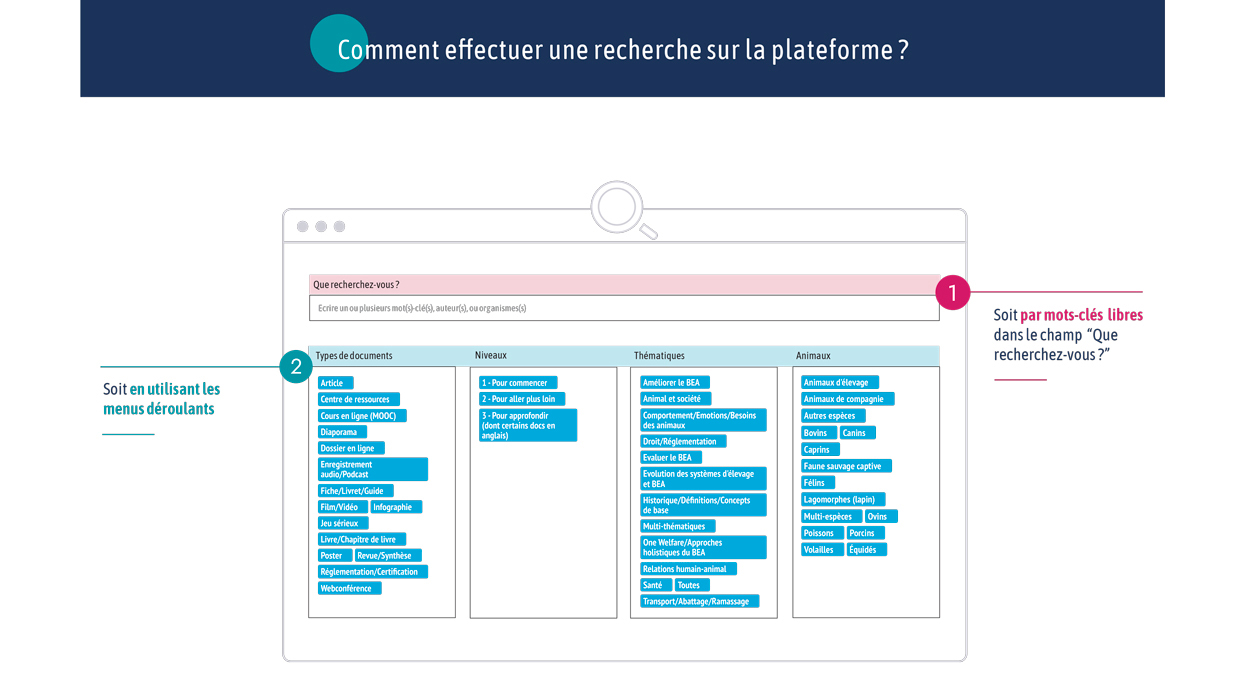Type de document : article de synthèse publié dans Animal
Auteurs : I. Veissier, C. Lesimple, V. Brunet, L. Aubé, R. Botreau
Résumé en français (traduction) : Revue : Repenser l’enrichissement environnemental comme une opportunité d’acquérir des informations
L’enrichissement environnemental, qui consiste à rendre l’environnement des animaux plus complexe, a d’abord été conçu pour améliorer le bien-être et les capacités cognitives des animaux en captivité et a été appliqué plus récemment aux animaux d’élevage. Les enrichissements peuvent être sensoriels, physiques, sociaux, occupationnels, basés sur l’alimentation, ou un mélange de ces facteurs, dans le but d’améliorer le bien-être des animaux. Nous partons du principe que les enrichissements ont pour point commun de fournir des informations aux animaux, de sorte que l’enrichissement consiste à fournir à l’animal un moyen d’acquérir des informations en interagissant avec l’environnement. Les animaux aiment acquérir des informations, et le processus d’acquisition d’informations agit d’une manière qui leur permet de mieux s’adapter à des environnements futurs. Cette vision recadrée de l’enrichissement a plusieurs implications : prolonger la durée d’exposition à un enrichissement n’augmente pas nécessairement l’impact de cet enrichissement, les stimuli neutres et même légèrement négatifs peuvent toujours être enrichissants, les environnements complexes et variables sont enrichissants, et plus un animal peut s’engager intensément dans l’environnement, plus il bénéficiera des enrichissements. Ces implications devraient être explorées plus avant par des réanalyses complètes des résultats de la littérature sur l’enrichissement et/ou par des expériences spécifiques.
Résumé en anglais (original) : Environmental enrichment, that is making the environment of animals more complex, was first designed to enhance the welfare and cognitive abilities of captive animals, and was more recently applied to farm animals. Enrichments can be sensory, physical, social, occupational, feeding-based, or a mix of these, with a view to improve animals’ welfare. We posit that enrichments share the common factor of providing information to animals so that enrichment is all about providing the animal with a way to acquire information by interacting with the environment. Animals enjoy acquiring information, and the process of acquiring information acts in a way that enables them to better adapt to future environments. This reframed view of enrichment has several implications including prolonging the duration of exposure to an enrichment does not necessarily increase the impact of that enrichment, neutral and even slightly negative stimuli may still be enriching, complex and variable environments are enriching, and the more intensively an animal can engage with the environment, the more it will benefit from enrichments. These implications should be further explored by comprehensive re-analyses of findings from the enrichment literature and/or by dedicated experiments.







